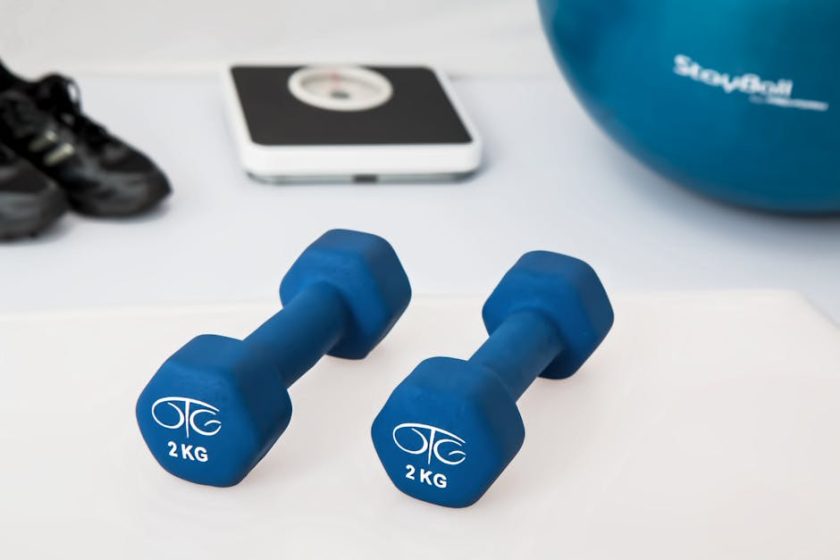Weight loss is a common goal for many people, but it can be difficult to know where to start. There is a lot of conflicting information out there, and it can be hard to separate fact from fiction. That's why we've put together this data-driven guide to weight loss. In this blog post, we'll cover everything you need to know about losing weight, from the basics to the latest research.
**The Basics of Weight Loss**
Weight loss is simply a matter of burning more calories than you consume. When you eat more calories than you burn, your body stores the excess calories as fat. Over time, this can lead to weight gain. To lose weight, you need to create a calorie deficit by eating fewer calories and/or burning more calories through exercise.
**How Many Calories Should You Eat?**
The number of calories you need to eat each day depends on a number of factors, including your age, sex, activity level, and weight loss goals. A general rule of thumb is to aim for a calorie deficit of 500-1000 calories per day. This will help you lose weight at a healthy rate of 1-2 pounds per week.
**What Should You Eat?**
When it comes to weight loss, what you eat is just as important as how much you eat. Focus on eating whole, unprocessed foods that are high in nutrients and fiber. These foods will help you feel full and satisfied, and they will help you avoid overeating. Some good examples of healthy foods for weight loss include fruits, vegetables, whole grains, lean protein, and low-fat dairy.
**How Can You Burn More Calories?**
In addition to eating a healthy diet, you can also burn more calories through exercise. Exercise is a great way to boost your metabolism and burn off excess calories. Aim for at least 30 minutes of moderate-intensity exercise most days of the week. Some good examples of moderate-intensity exercises include walking, running, swimming, and biking.
**Other Tips for Weight Loss**
In addition to eating a healthy diet and exercising regularly, there are a few other things you can do to help you lose weight. These include:
* Getting enough sleep
* Managing stress
* Setting realistic goals
* Finding a support system
Losing weight can be challenging, but it is possible. By following these data-driven tips, you can increase your chances of success. Remember to be patient and consistent, and don't give up on your goals. With hard work and dedication, you can achieve your weight loss goals and live a healthier life.

